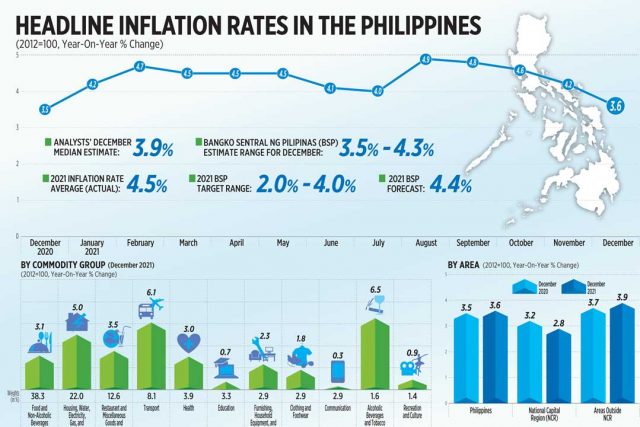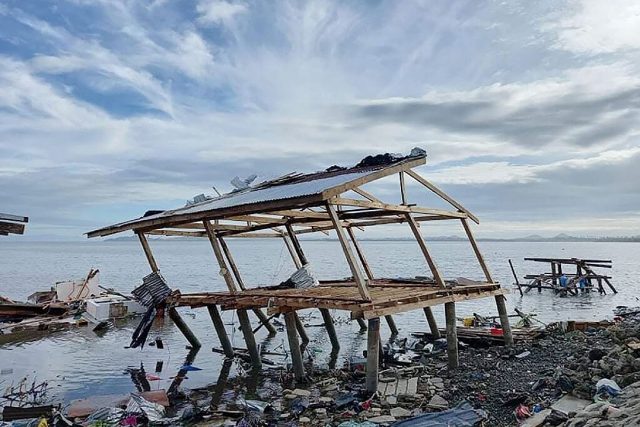WHEN V. Rajapandian was pushed out of his job at a heat treatment plant in India, the reason had nothing to do with performance or falling revenue. Instead, his boss offered a peculiar explanation: After Rajapandian defaulted on a loan from a mobile app, recovery agents demanded the plant pay on his behalf.
“I lost my job because of them,” Rajapandian said of CASHe, the app he used to secure a $132 loan. “I constantly live with the fear that they will track me down and harass me.”
As digital lending explodes across India and other developing economies, Rajapandian’s ordeal has become increasingly common. During the pandemic, apps promising quick cash have mushroomed. Many capitalize on borrowers’ lack of financial literacy, charging interest rates as high as 500% annualized and in some cases employing heavy-handed collection tactics that Indian activists have linked to a string of suicides.
A growing chorus of technology companies and regulators have cracked down. Globally, Google has blocked hundreds of apps from its Android store to protect borrowers from “deceptive and exploitative terms.” Officials in China, Indonesia and Kenya followed suit, shutting down scores of startups promising easy cash to the unbanked.
India, which has among the highest number of such apps in the world, has also taken action. The Reserve Bank of India raised the prospect in November of new rules for digital lenders. A panel set up by the bank found that more than half of about 1,100 digital loan providers were operating illegally.
But protecting borrowers in India is especially tricky, given the country’s dated personal bankruptcy laws and sheer size — more than one billion people do not have access to formal credit. And while complaints about harassment by digital lenders extend far beyond its borders, India’s ambition to become a haven for tech innovation combined with a byzantine bureaucracy make sweeping regulatory intervention difficult.
Millions of Indians rely on the apps, and there is often no clear-cut way for borrowers to discern the legal from the shoddy.
“These platforms are clearly serving an unmet need,” said Eswar Prasad, a professor at Cornell University’s Dyson School of Applied Economics and Management. “The persistence of digital lenders who charge exorbitant interest rates points to the latent demand for credit and other products that are not being adequately satisfied by the traditional financial system.”
Gaps in the banking system are becoming harder to ignore. India is one of the fastest-growing fintech markets in the world, with digital lending projected to reach $350 billion by 2023. Much of this growth will come from short-term, unsecured loans rather than collateralized credit, according to Yashraj Erande, a managing director and partner of the Boston Consulting Group in Mumbai.
Efforts to reign in illegal apps have met with mixed results.
After flags were raised by Indian officials, Google reviewed hundreds of apps on the Play Store, according to a company spokesperson. Platforms must now prove that they have the appropriate lending licenses and they cannot require full repayment in less than 60 days. (Android is the smartphone of choice for most Indians, though some of the apps are also available for iOS.)
But enforcing stricter rules has become a game of whack-a-mole. Rahul Sasi, who runs cyber security firm CloudSEK and was one of the experts who made recommendations to the Reserve Bank of India, said digital lending is a sprawling, hard-to-tame market.
Banned apps simply move to third-party platforms such as Aptoide, he said, or advertise through text messages. Consumers sometimes take out loans with no intention of paying them back. The apps, in turn, use mafia-like collection tactics.
“Crime will be there in one form or another,” Sasi said.
Paulo Trezentos, the chief executive officer of Aptoide, wrote in an e-mail that his company does not host apps unless they are also available on Google Play. Lenders connected with “illegal activities in any form” are immediately removed, he said.
Analysts say platforms are often owned by offshore entities, making it difficult for India to take legal action. Some apps use tech infrastructure built by Chinese firms that harness cloud services from Alibaba Group Holding Ltd. and Baidu, Inc., according to Srikanth L., the founder of Cashless Consumer, a collective that studies the fintech industry.
In an e-mail, a spokesperson for Baidu said fintech is now handled by Du Xiaoman Financial, a separate company, and declined to comment further. A spokesperson for Du Xiaoman Financial said the company does not operate any business in India. Alibaba did not return requests for comment.
The Reserve Bank of India could tighten digital lending rules as early as this year. Guidelines under consideration include severe penalties on non-compliant apps, with a particular focus on weeding out unregulated loan providers. Bigger digital payments companies such as Paytm have not been accused of similarly predatory behavior.
The risk is that unscrupulous firms may step up manipulative practices as stress builds in personal lending. Delinquency levels for consumer credit rose in September from a year earlier, Reserve Bank of India data showed last week.
“The recommendations are definitely a step in the direction of curbing illegal lending,” said Vivek Belgavi, the fintech and alliances leader at PricewaterhouseCoopers LLP in India.
Activists say tougher regulatory action could also help save lives. Over the last year, SaveThem India Foundation, a nonprofit organization that assists victims of cyber crimes, has connected 17 suicides to harsh recovery tactics.
For first-time borrowers like Rajapandian, who worked as a manager at a heat plant in Chennai, approaching a digital lender in 2020 was his only option in lieu of credit for a traditional loan.
As the coronavirus surged across India, shutting factories and displacing millions of workers, Rajapandian tried to prepare for the worst. CASHe, which he downloaded on his Android phone, offered a quick infusion of money to supplement his $200-a-month salary and help him care for his wife and 4-year-old son.
But Rajapandian struggled to make payments on the loan, which had a 300% interest charge. That’s when the threats started, he said.
For months, he said, CASHe agents called him several times a week, “abused my parents and wife,” and contacted the heat plant. When his boss became increasingly irate, threatening dismissal, Rajapandian left his job. Last month, he filed a police complaint.
“I contemplated suicide,” he said.
A local police station in Chennai confirmed receipt of Rajapandian’s complaint against the app, which was filed on Dec. 17. CASHe, a Mumbai-based company founded in 2016, did not respond to a detailed list of questions. The company, which claims a customer base of more than 3 million, has not been charged with a crime.
Rajapandian said the calls have not stopped. They’ve gotten so abusive, he said, that he tries to keep his new employment under wraps so collectors don’t jeopardize that job, too.
“It’s not about the money anymore,” he said. — Bloomberg




















